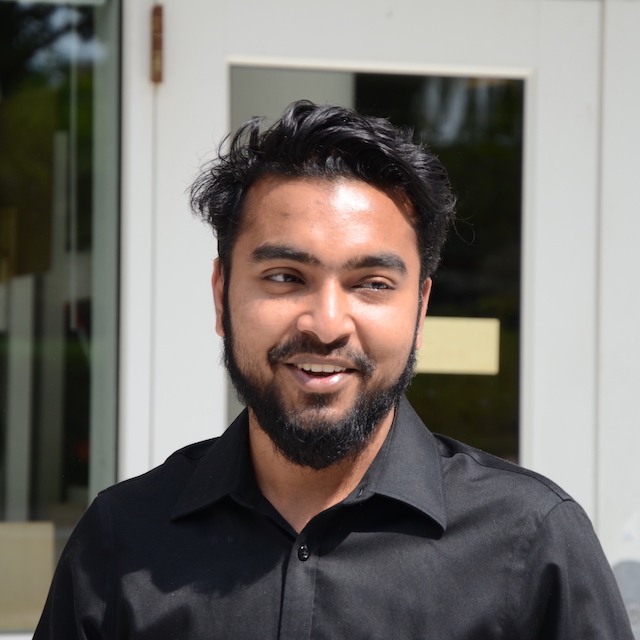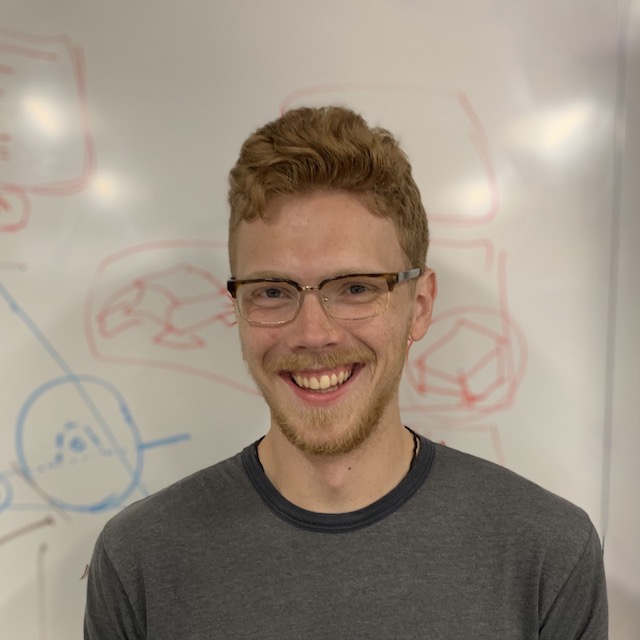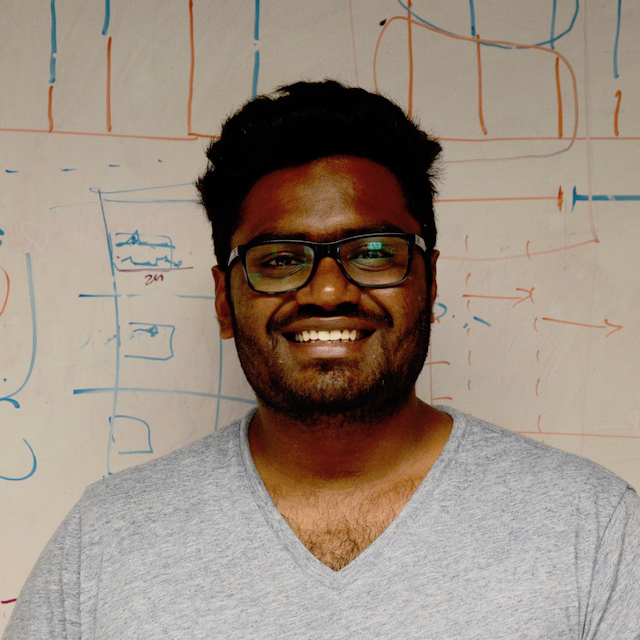New paper "To Share or Not? A Critical View on Personal Mobility” freshly published at the Architecture and Culture journal, by Taylor and Francis
USL has been awarded a $23K grant from the Knight Foundation to develop "Charlotte Breaths", an urban scale network of remotely controlled inflatables that enhance social awareness and place making.
Dimitris Papanikolaou (2019) To Share or Not? A Critical View on Personal Mobility, Architecture and Culture, DOI: 10.1080/20507828.2019.1653030
Manoj Deshpande, Saquib Sarwar, Atefeh Mahdavi Goloujeh and Dimitris Papanikolaou. 2019. Poster: Pneuxels: A Platform for Physically Manifesting Object-based Crowd Interactions in Large Scales. In Adjunct Proceedings of the 2019 ACM International Joint Conference on Pervasive and Ubiquitous Computing and the 2019 International Symposium on Wearable Computers (UbiComp/ISWC '19 Adjunct), September 9--13, 2019, London, United Kingdom. ACM, New York, NY, USA.
Papanikolaou, Dimitris. “Computing and Visualizing Taxi Cab Dynamics as Proxies for Autonomous Mobility on Demand Systems. The Case of the Chicago Taxi Cab System.” In proceedings of CAAD Futures 2019: Hello Culture. KAIST, Daejeon, Korea, 2019 (Book with selected chapters from Springer Singapore).
Papanikolaou, D. BodyPrint: Exploring Architecture as a Medium for Human Interaction. In Proceedings of the 2016 Association for Computer Aided Design in Architecture (ACADIA): Posthuman Frontiers: Data, Designers and Cognitive Machines (University of Michigan Taubman College, Ann Arbor, Michigan, 27 - 29 October 2016).
Papanikolaou, D.. A.J. Bernheim Brush, and Asta Roseway. BodyPods: Designing Posture Sensing Chairs for Capturing and Sharing Implicit Interactions. In Proceedings of the 9th International Conference on Tangible, Embedded and Embodied Interaction – TEI’15 (Stanford University, Stanford, CA, 15-19 January 2015)
Papanikolaou, D.. Cloudcommuting: Games, Interaction, and Learning. In Proceedings of the 12th International Conference on Interaction Design and Children - IDC13 (New York, NY, 24-27 June 2013)
MSc Student Arch/IT
PhD Student SIS
Affiliate

MSc Student Arch/IT

BA Student Arch

BA Student Arch

MSc Student CS
Past Member
MSc Student CS
Past Member

MSc Student Arch/IT
Provides foundational skills in designing, prototyping, and programming interactive physical computing systems. Emphasis is on critical thinking and tradeoffs between technical complexity, end goals, design decisions, functionality, and quality of craft, when humans are part of the loop.
Introduces data-driven modeling, simulation, and visualization of urban mobility systems for computational scenario analysis. Provides foundational skills in data visualization and in modeling and simulation of complex systems using System Dynamics (SD) and Agent-Based (AB) methodologies.
Investigates design, engineering, and empirical assessment of participatory cyberphysical systems of common pool resources. The course envisions a future in which coordination emerges collectively from how humans interact with data, with and through the physical environment.
Explores the design, modeling, and analysis, of intelligent architectural or urban ecosystems as well as their cyclic transitions in time, asking the question: how do we design intelligent architectures across technologies and scales?
Graduate seminar between Architecture, Software Information Systems, and Computer Science that critically reviews the evolution and design principles of systems of urban and territorial intelligence, from the ancient networks of optical telegraphy to today’s internet of things.
Dimitris Papanikolaou, DDes
Founding Director, Urban Synergetics Lab
Assistant Professor, National Technical University of Athens
School of Architectural Engineering
dimitri.c.pap@gmail.com | +30 694 0606984 | +1 857 928 1707 | www.dimitris-papanikolaou.com